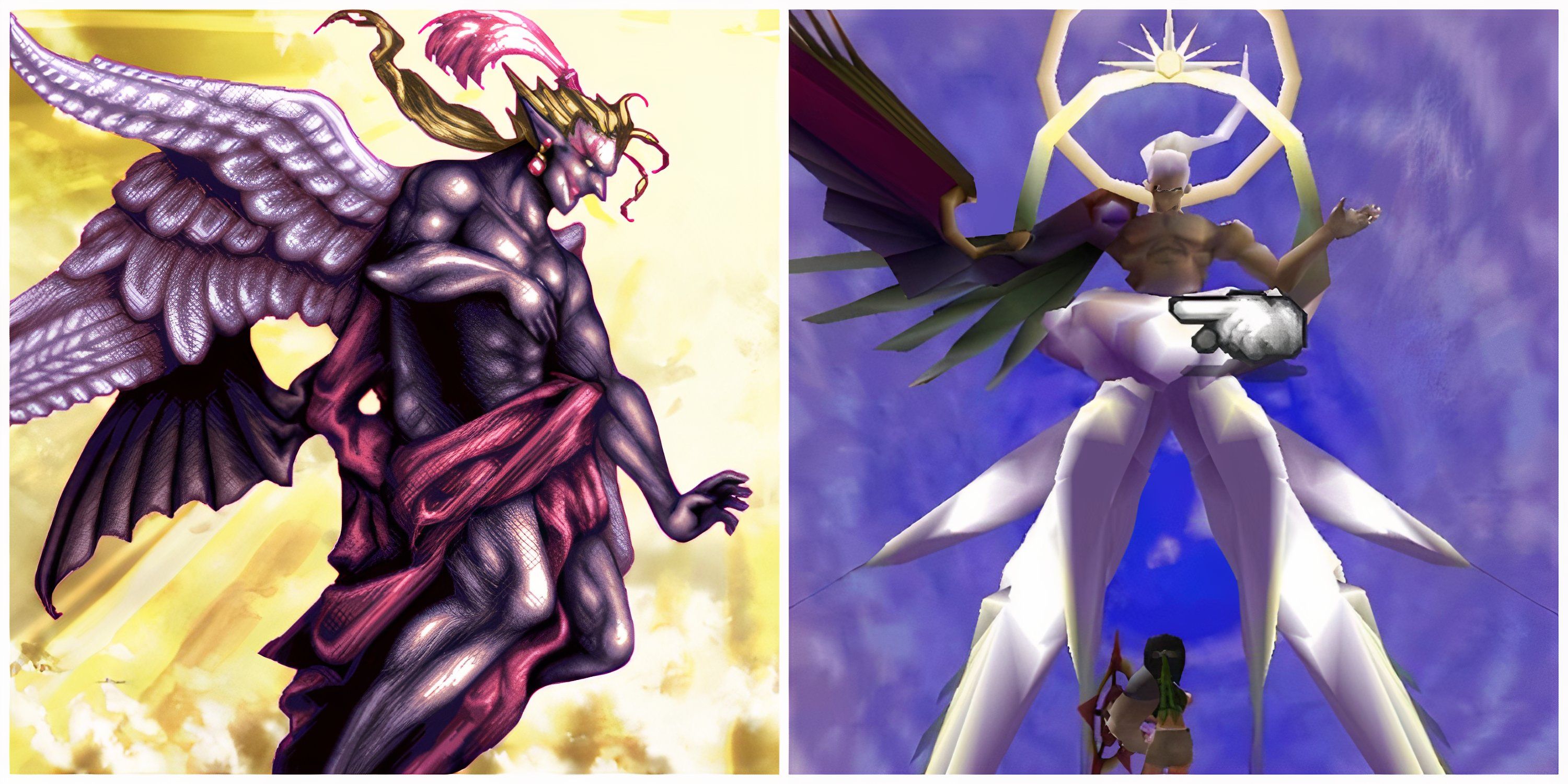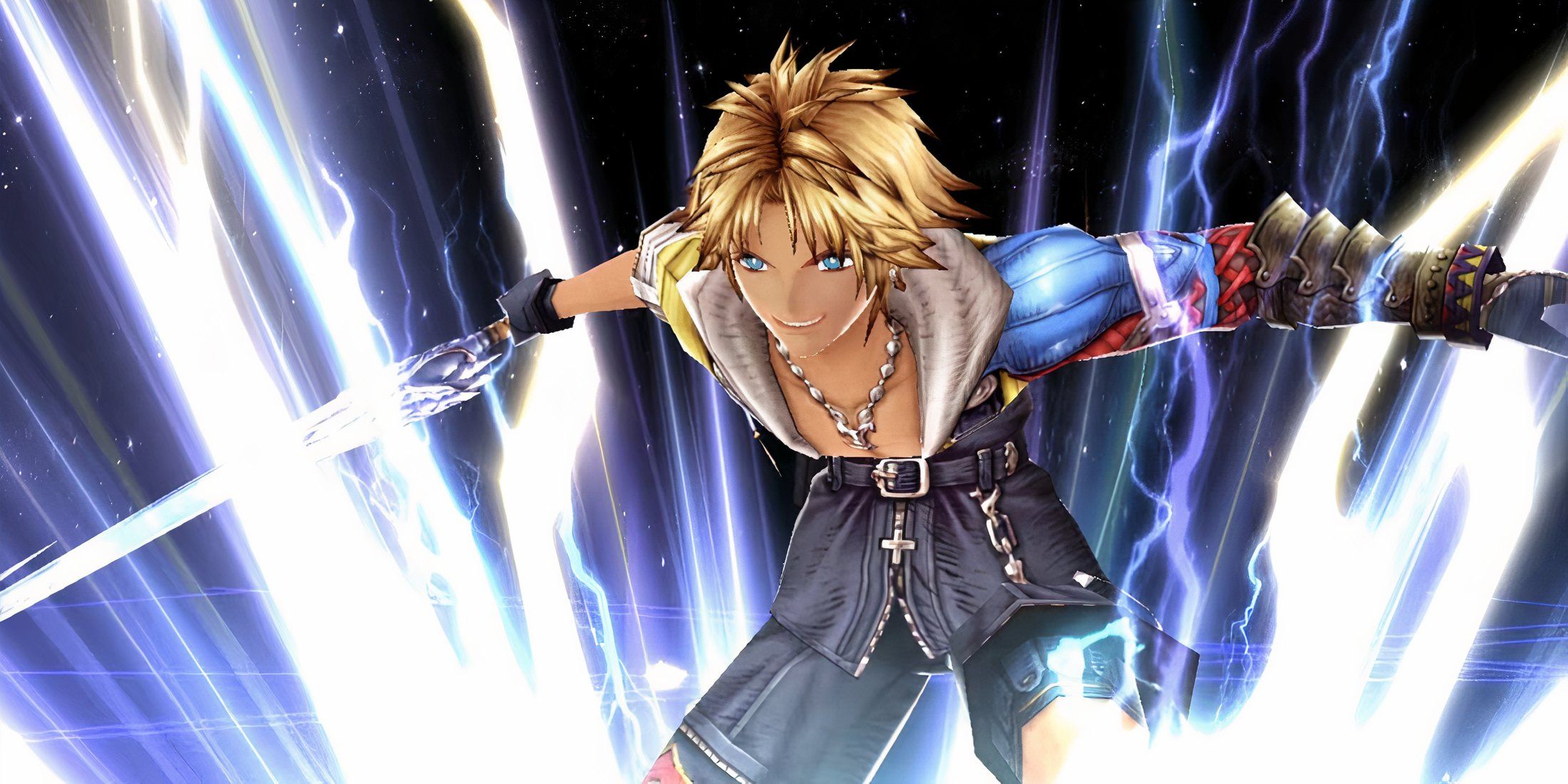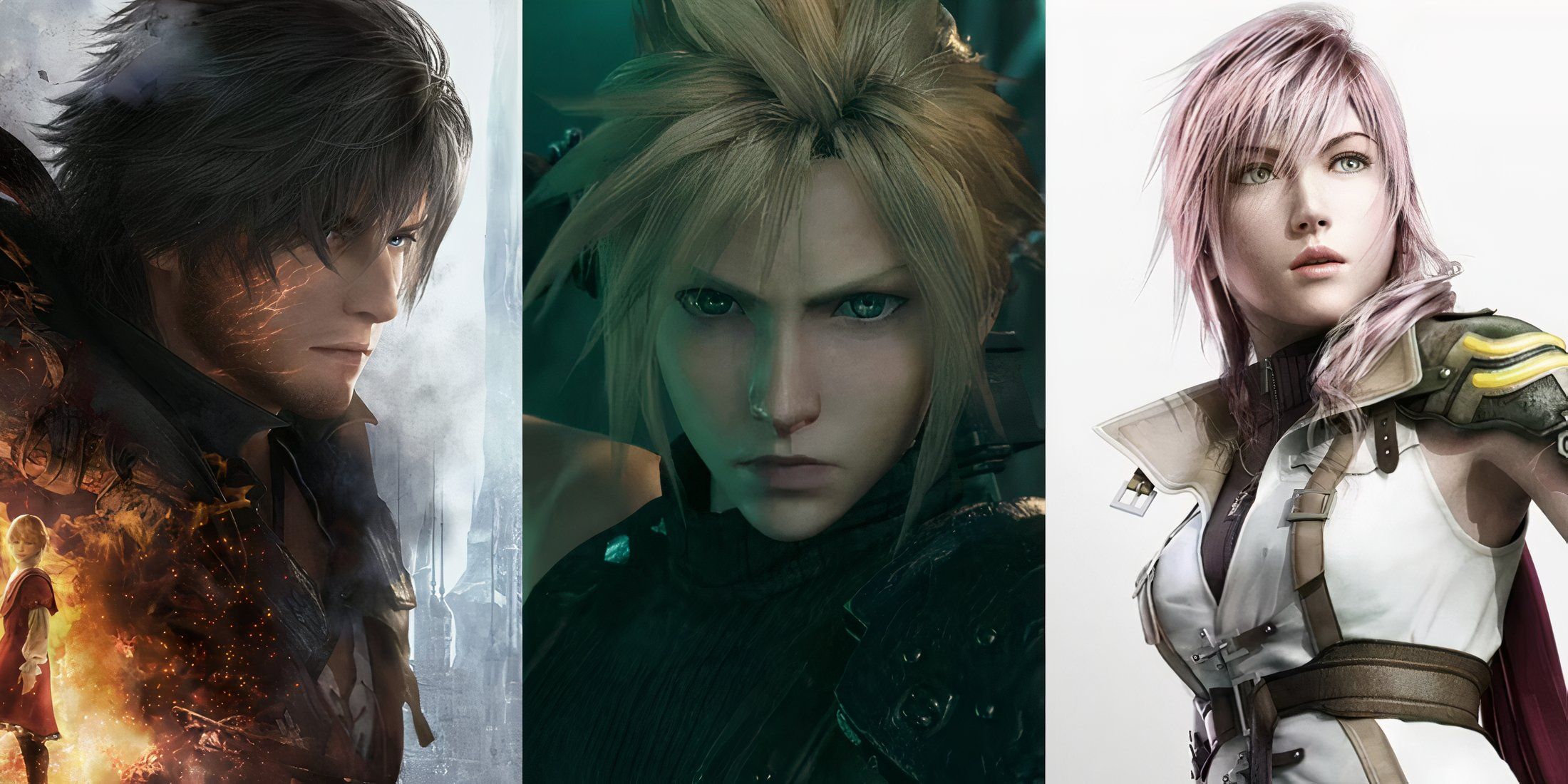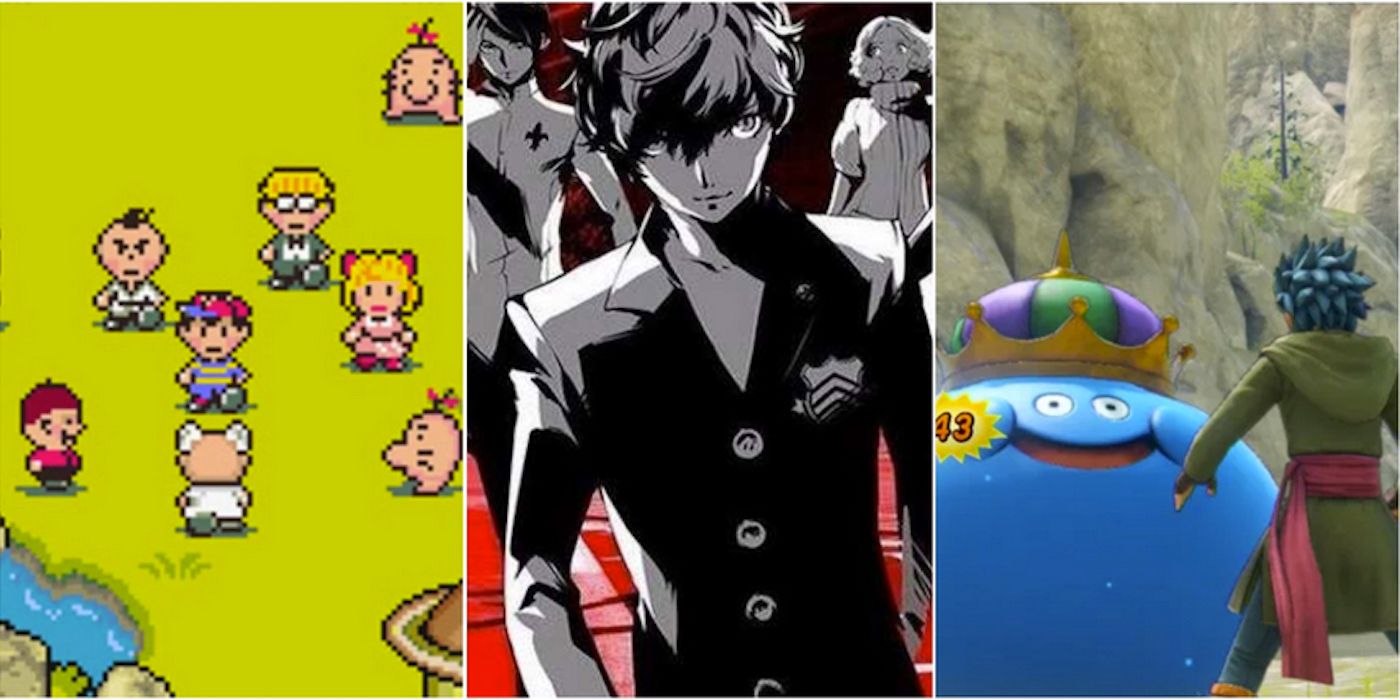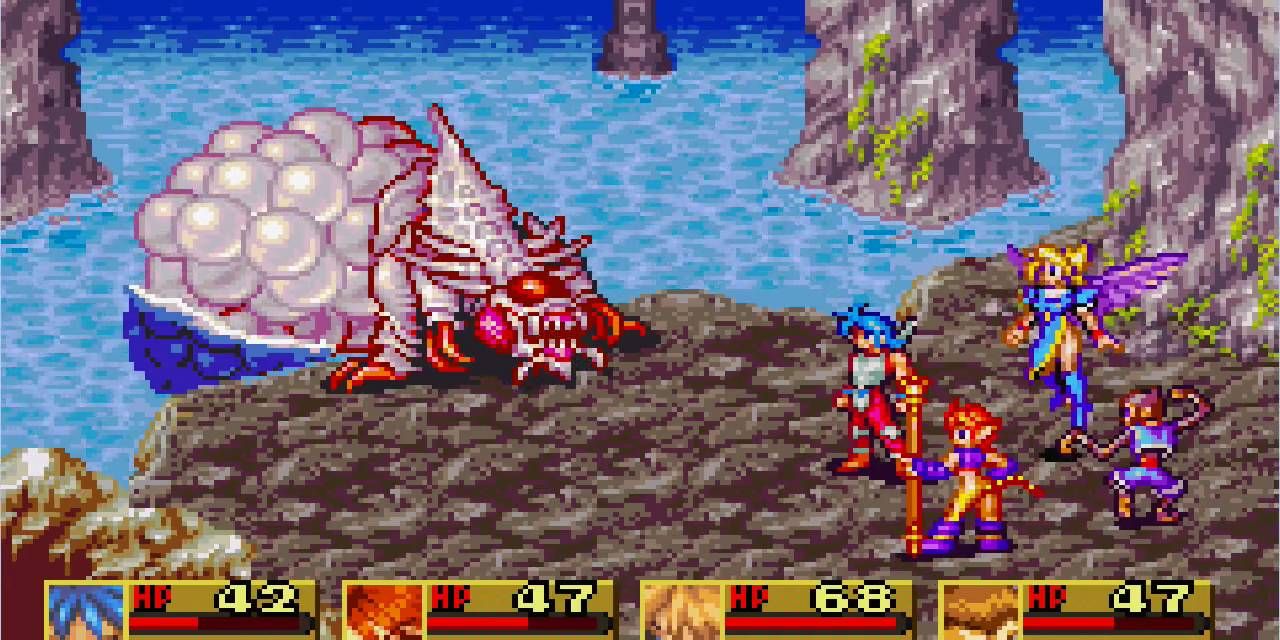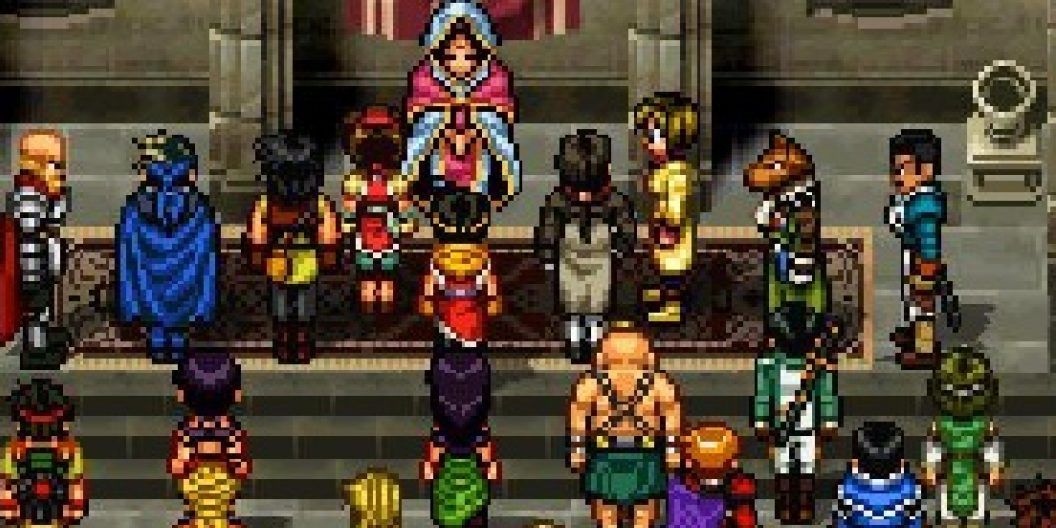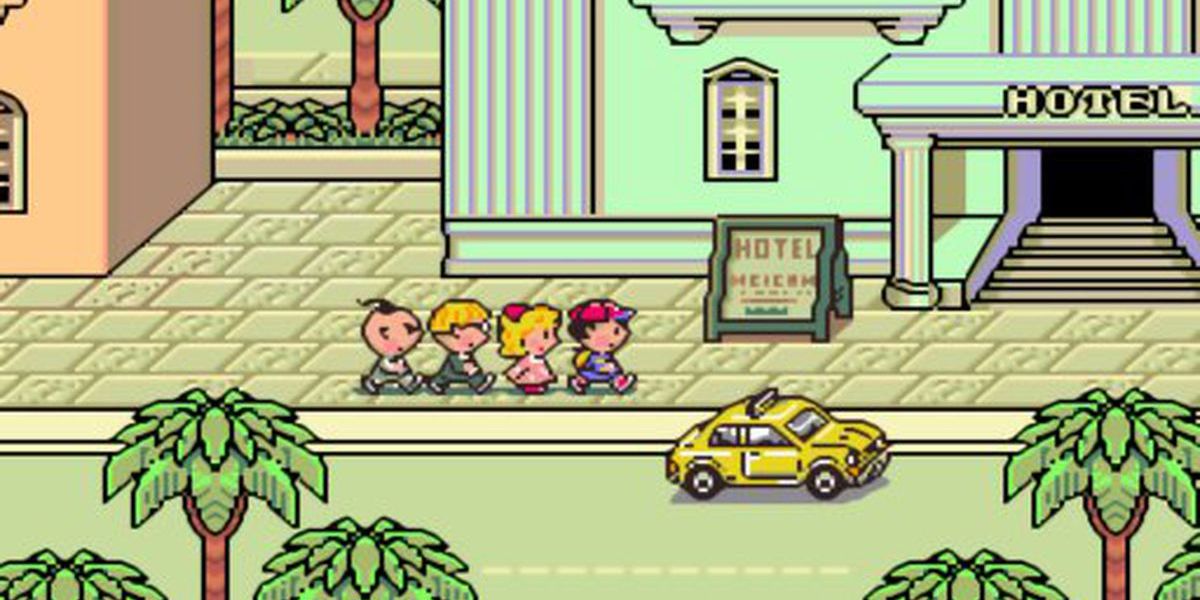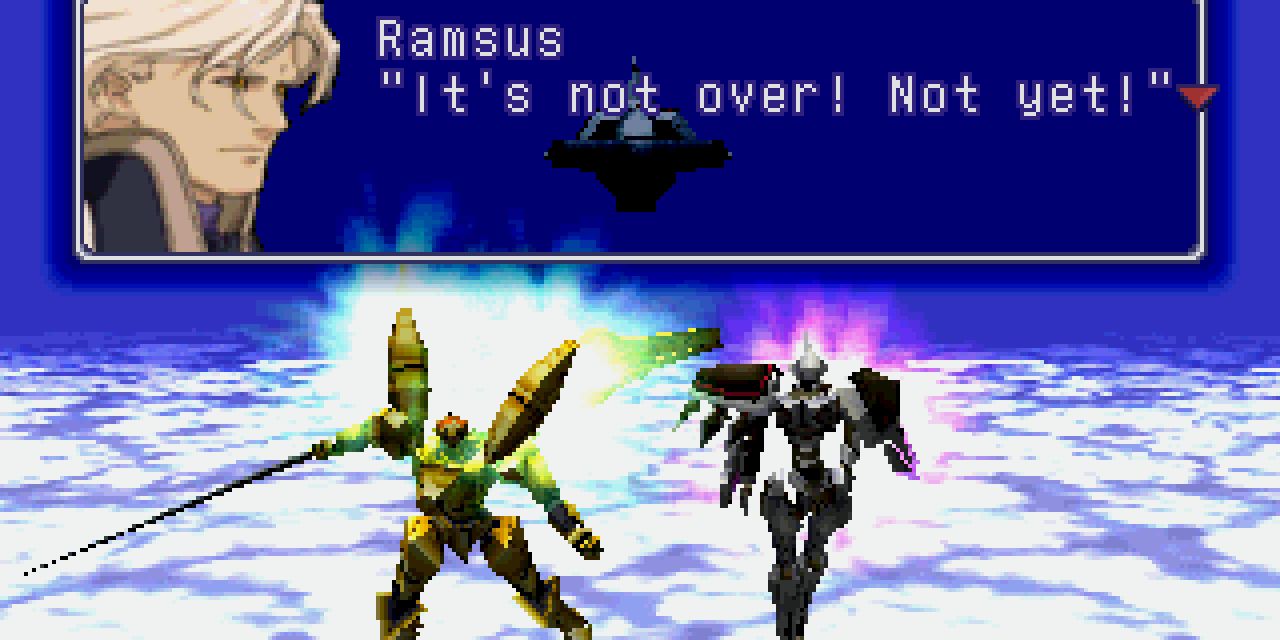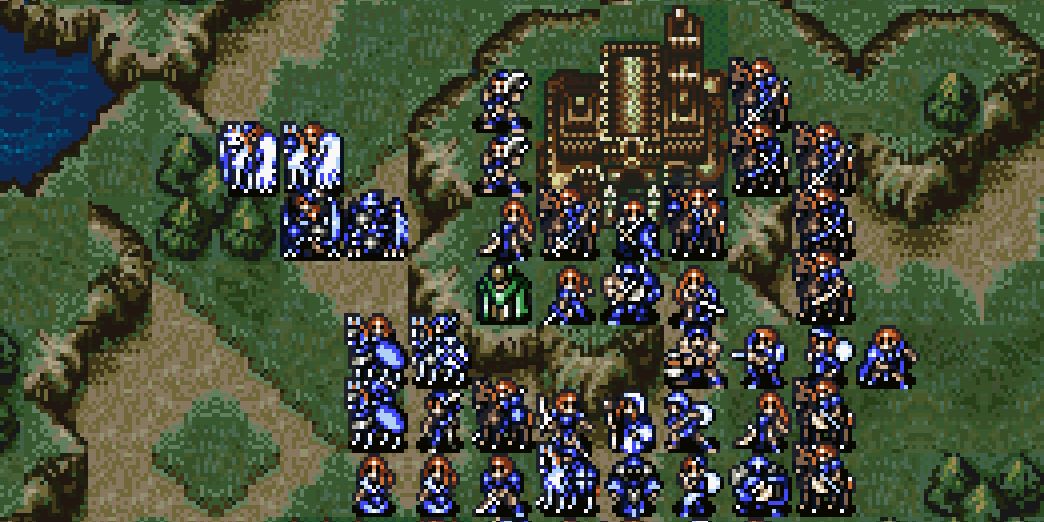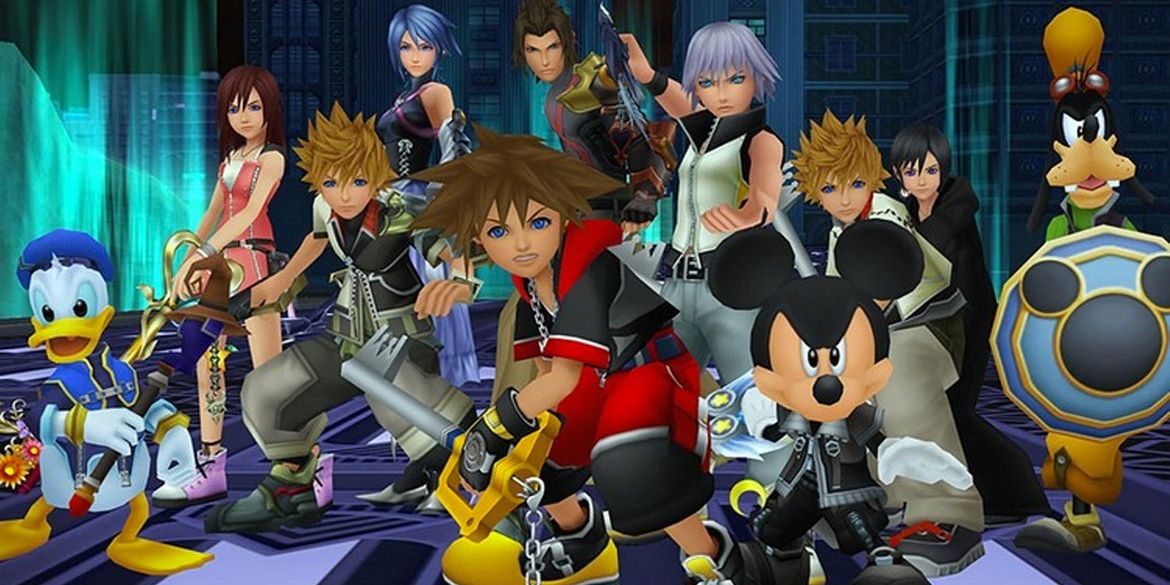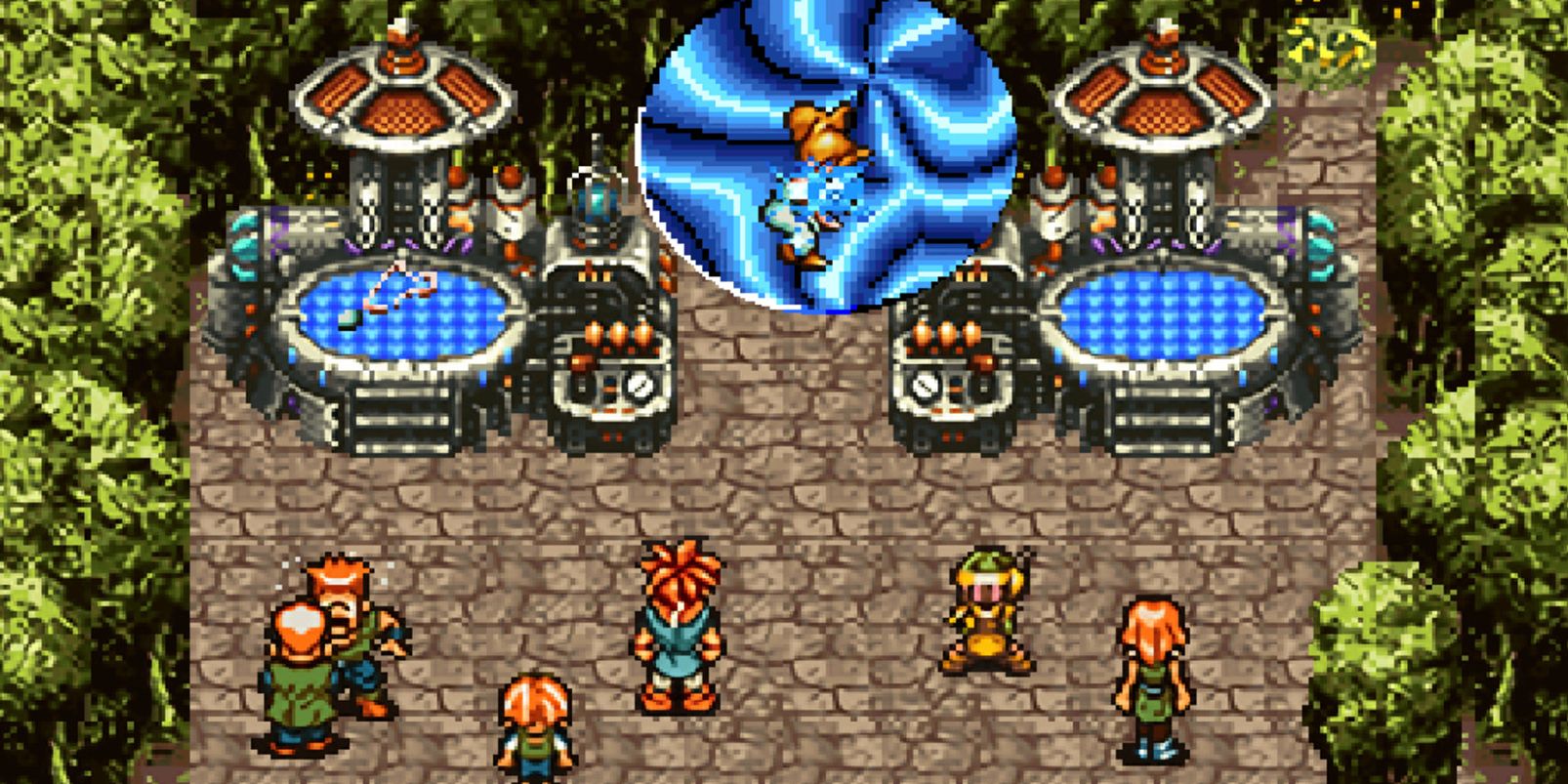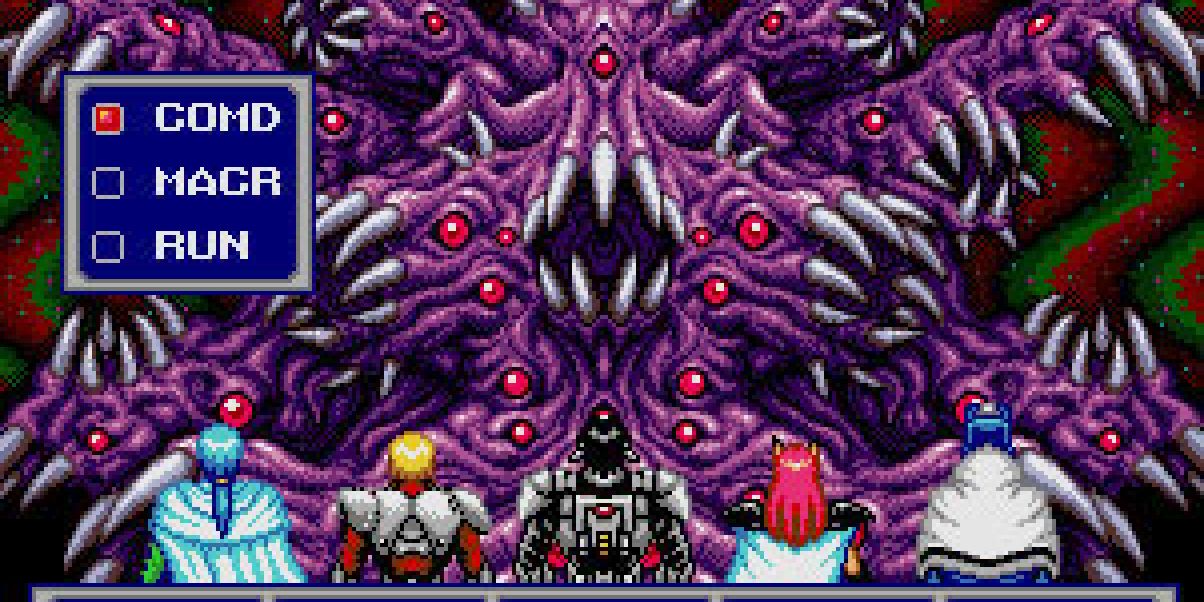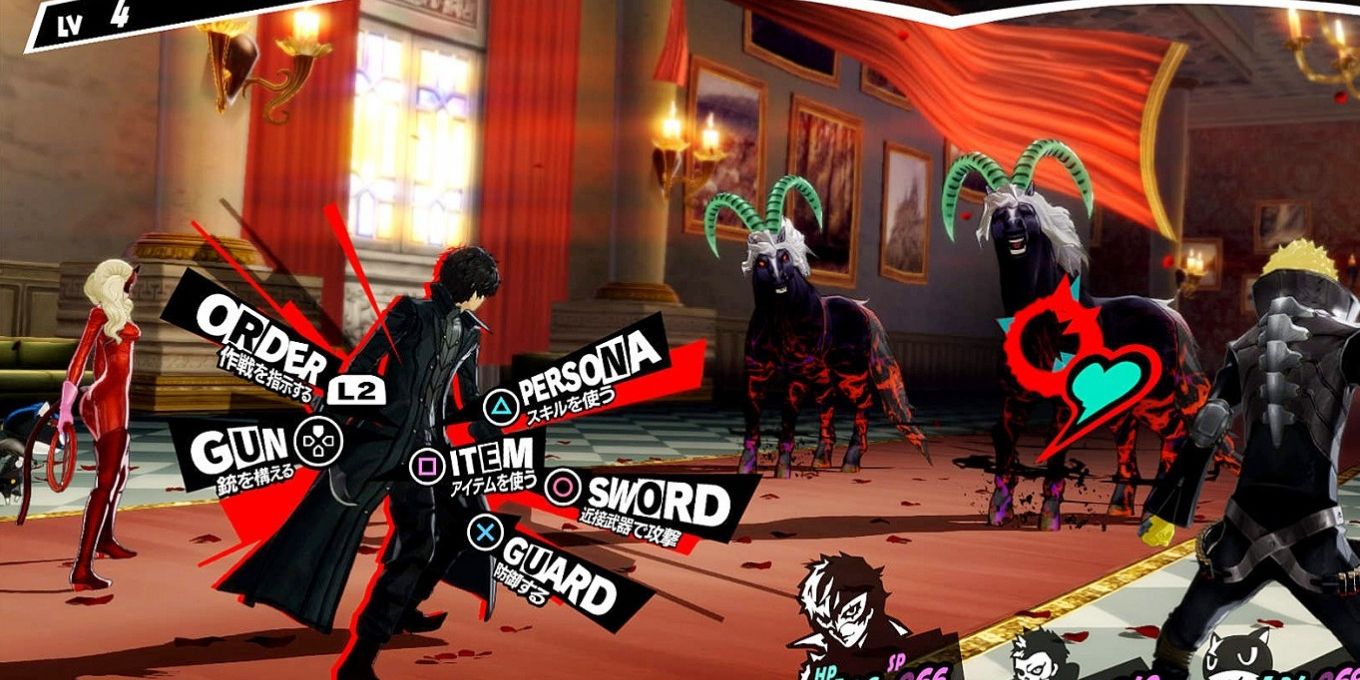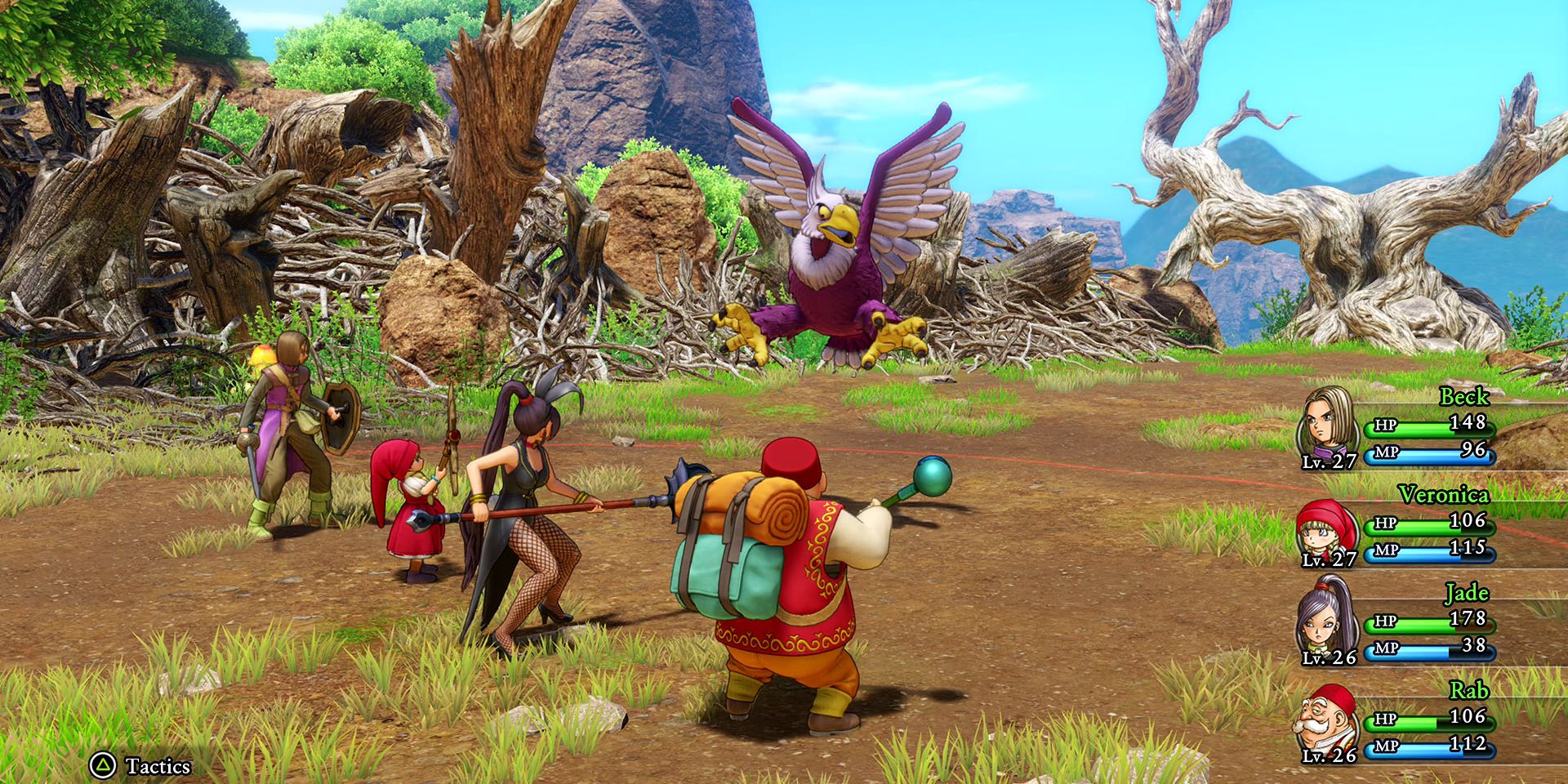The video game industry continues to evolve in exciting ways and as the next generation of gaming looms closer it’s fun to speculate on what genres of titles will be the most popular. Video game genres like shooters and fighters have always been reasonably successful, but the ‘90s were a huge time for RPGs.
There has been an increased respect for RPGs over the years and a deeper interest in JRPGs, which fall back on the fundamentals of the genre. It’s easy to single out franchises like Final Fantasy for the changes that they’ve made, but there are many other important JRPG titles out there, too.
10 Breath Of Fire
Capcom had a serious contender of a JRPG series during the ‘90s and early 2000s with their Breath of Fire series. The franchise began on the Super Nintendo and acted as a satisfying alternative to the Final Fantasy games. Something that helped make the Breath of Fire series stand out among its contemporaries is the concept where the main character, Ryu, can transform into a dragon.
This dimension adds a lot of depth and pushes the games in directions that were unexplored in RPGs at the time.
9 Suikoden
Konami's Suikoden franchise came out in the mid-'90s during the height of JRPGs on the PlayStation and even though there's a large and complex series that's grown over time, the Suikoden titles are somewhat intimidating to newcomers. Suikoden is rather ambitious in terms of its scope, which contains overlapping narratives that cover multiple time periods.
The games revolve around corrupt government, coup d’états, and battles that circle epic revolutions where the lines between good and evil are often in flux. They offer a more ornate and intense narrative that pulls upon Chinese history for its inspiration.
8 Mother
Many JRPGs strive to create fantastical worlds that are so far removed from reality. The Mother series, more commonly known as Earthbound in America, isn’t the first JRPG that’s set in a contemporary, urban setting, but it’s perhaps the best example of it.
The Mother titles really helped demonstrate how JRPGs don’t need to involve gruff protagonists or powerful dragons and that sometimes a boy and a yo-yo is more than enough to tell a powerful story. An impressive narrative spans across these three games, but its approach to weapons, enemies, and environments is still being emulated in modern titles.
7 Xenogears
Xenogears has a fascinating history where it started as both a pitch for Final Fantasy VII and then a sequel to Chrono Trigger before Square thought it should be its own project. The Xenogears franchise is still going strong and it managed to survive thanks to how it incorporates mechas called Gears into the combat and gameplay.
There's also a brilliant blend of science fiction with probing psychology and religious themes, all of which highlight how JRPGs can become quite operatic and diverse in their scope.
6 Fire Emblem
The Fire Emblem franchise took some time to catch on in America and while they’ve progressively incorporated matchmaking components, the franchise has still made an undeniable mark on the JRPG genre. The Fire Emblem games feature courageous knights and the kinds of archetypical heroes that dominate the genre.
It adds a tactical strategy element to the RPG structure and it creates a game with a much more intricate battle system that deals with massive armies. The Fire Emblem games help show the evolution and risks that were being taken as these games still tried to learn what’s successful.
5 Kingdom Hearts
Something like Kingdom Hearts sounds like a crazed fever dream more than it does a popular video game franchise, but that’s part of the magic of the elastic boundaries of JRPGs. The Kingdom Hearts series decides to mash together the worlds of Final Fantasy and Disney films to create a truly unique experience.
Arguably, the overarching story of these games has gotten out of control, but they’re still important for what they’ve shown is possible with crossover ventures and how opposites can attract in a truly wild way.
4 Chrono Trigger
Although Chrono Trigger came out decades ago on the Super Nintendo, it’s still a title that routinely gets brought up in discussions about formative video games. There are many current RPGs that strive to mimic its style and scope but often struggle.
Chrono Trigger takes the best elements from Final Fantasy and then pushes it all to a more challenging place with a plot that heavily revolves around time travel. The fluid use of time, its cause and effect nature, as well as the large roster of possible characters helped show that time can be just as important as location.
3 Phantasy Star
The Final Fantasy series stayed away from Sega systems and during the earlier years of the console wars, it was the Phantasy Star series that was the JRPG alternative for Sega fans. The series is set in a futuristic world that borrows plenty from Final Fantasy but still forges its own path.
The science fiction influence on the series makes it a standout and it reaches some darkly apocalyptic places. The first title, for the Sega Master System, also combines maze-like dungeons with the genre in an inventive way.
2 Persona
Starting as the Shin Megami Tensei series, the Persona games are one of the best examples of how to approach a modern JRPG that looks towards the future of the genre. The series mixes JRPG staples with the minutiae of high school.
It’s as much a gripping sociology experiment as it is a game about combat. Persona proves that a mysterious world with dangerous enemies can hide in plain sight and it’s been incredible to see the tangents that the Persona series has taken over time.
1 Dragon Quest
If there’s any JRPG franchise on here that has as much notoriety as the Final Fantasy games then it’s definitely the Dragon Quest series. The franchise doesn’t try to reinvent the wheel and it features a typical adventure where good vanquishes evil in a lush fantasy world.
A solid series of games that steadily refines its gameplay and features progressively moving narratives have helped Dragon Quest stand out over the years. Additional elements, like Akira Toriyama’s character designs, have also helped the series build a unique personality.

